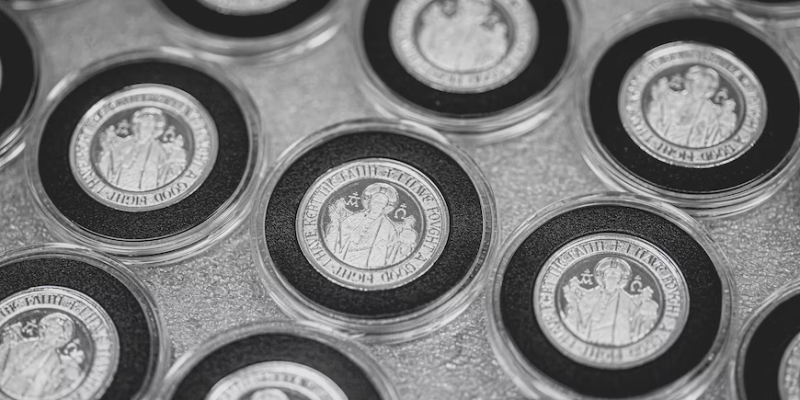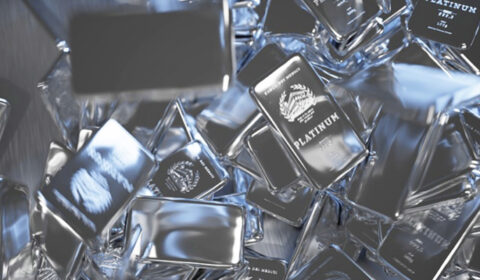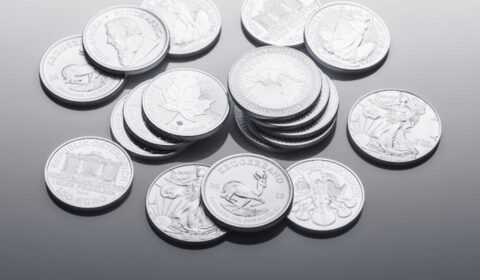The Reasons to Invest in Physical Silver

The following article is created by Orion Metal Exchange for the benefit of our investors and perspective investors alike. We seek to provide relevant content concerning precious metals and the impact caused by economic and geopolitical trends that will most likely impact your financial future. If you are interested in learning about precious metal investing, call 1-800-559-0088, for a FREE investor kit.
Histrorically, silver and gold have been utilized by civilized societies for thousands of years as currency and as a long-term store of wealth.
When comparing silver to gold, the market for silver is much smaller than it is for gold despite silver having a broader use in industry and technology. Unlike gold, we are constantly depleting our supply of silver. Deficits in silver supply are expected to reach 17% in 2024.
Let’s review why silver has been a valid store of wealth that has stood the test of time.
1.Silver is Money
Just like gold, silver is a physical store of value. Unlike fiat or digital currency, silver has never gone to zero in value. Physical silver has retained value for thousands of years. Silver rises in value when inflation and geoeconomic uncertainty are present.
Unlike paper investment vehicles, physical silver doesn’t involve counterparty risk. Stocks, bonds, and other paper investments are dependent on third party performance. When you own silver coins, no one is borrowing or loaning against your physical holdings.
Silver is tangible money that has been utilized in global trade for thousands of years.
2. Silver is Tangible
When you own physical silver, you either receive physical delivery, or your holdings are held in an insured depository at a physical location. Do you know where your money is physically located now? Many investors would be hard pressed to answer that question if they own stocks, crypto currency, bonds, CDs, or any other debt encumbered investment account.
Once again, when you own physical silver coins, no one is borrowing or loaning against your physical holdings.
3. Silver is Undervalued
As valuable and desirable as gold is, its demand always peaks at a certain price point before dropping. After reaching a specific price, gold becomes too expensive for consumers to purchase, which in turn decreases its demand. The decline in demand can cause the price to come down in the short term when gold reaches nominal highs.
Because silver is undervalued, the price per ounce is extremely low and a broader market can afford to purchase silver over gold. A larger market demand applied to a fixed supply will most likely reflect a higher value. Silver is considered extremely undervalued and with rising supply deficits, is expected to rise in value moving forward. Currently, silver is nowhere near a nominal high.
Looking to invest in gold or silver?
Orion Metal Exchange is a trusted national precious metals dealer. Our platform allows users to establish precious metal IRA accounts, insured storage accounts, and insured home delivery. Contact us today for more information. Feel free to call us at 1-800-559-0088 and we’ll answer any questions you may have to help you feel confident and secure with precious metal investing.
The following article is created by Orion Metal Exchange for the benefit of our investors and perspective investors alike. We seek to provide relevant content concerning precious metals and the impact caused by economic and geopolitical trends that will most likely impact your financial future. If you are interested in learning about precious metal investing, call 1-800-559-0088, for a FREE investor kit.
Simple Answers to Common Questions: FAQ Spot
What is the future of physical silver?
Silver is expected to rise in value with inflation.
Why is physical silver expected to increase in value?
Silver is a precious metal that is utilized in industrial and technological applications. Silver is limited in supply and utilized as a median of exchange.
How to invest in physical silver?
Simply call Orion Metal Exchange. With a phone call you can buy, sell, and exchange gold, silver, platinum, and palladium.






